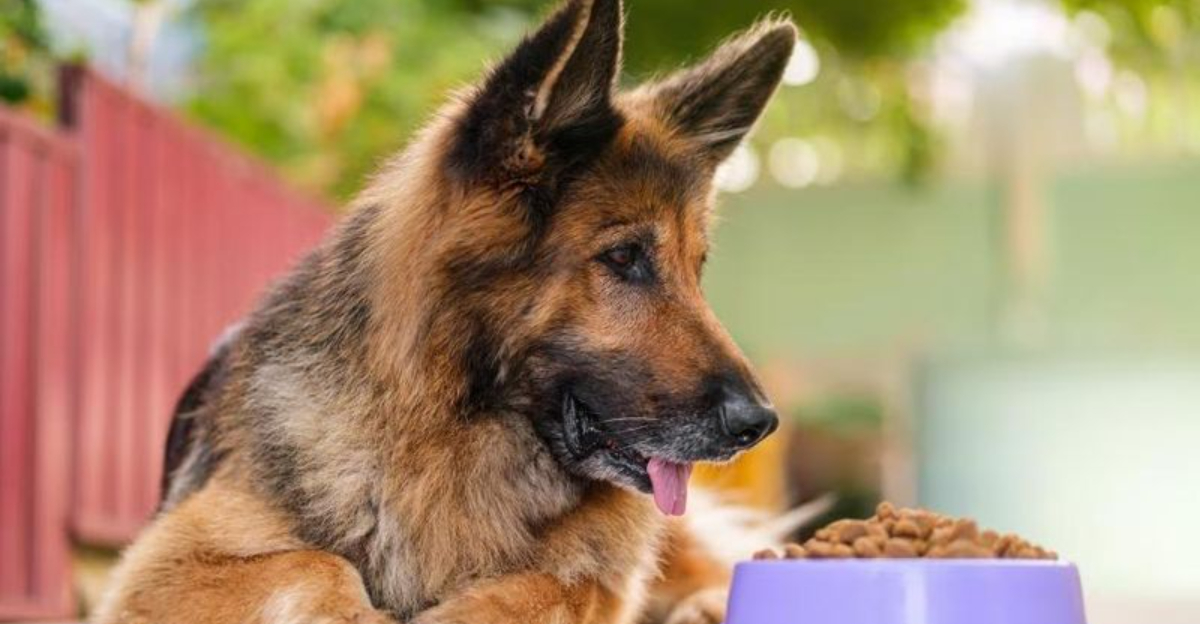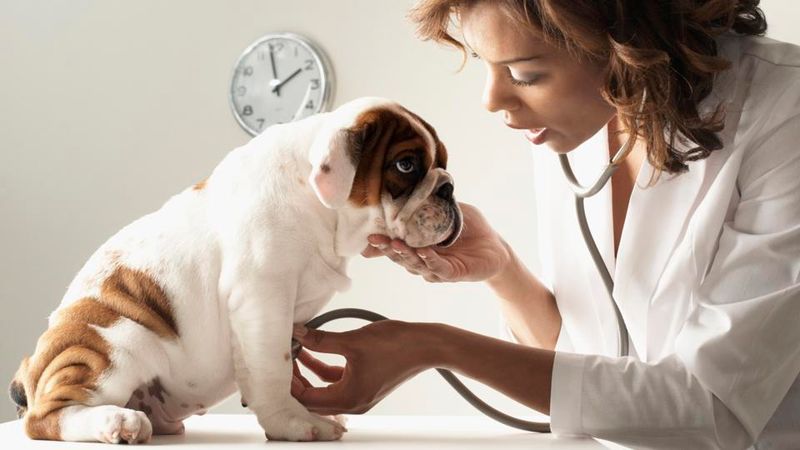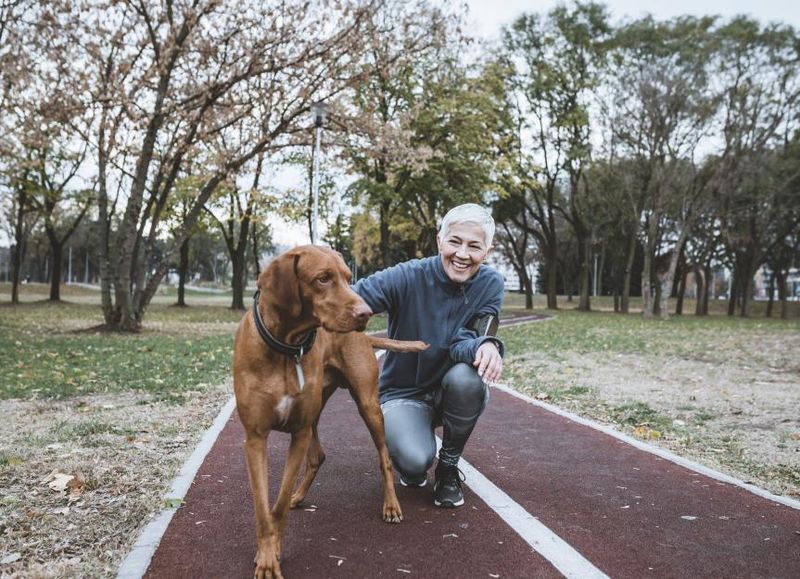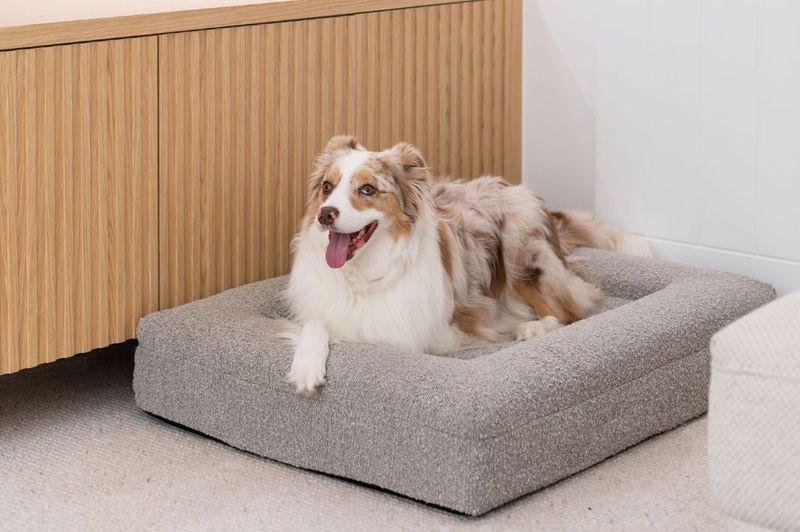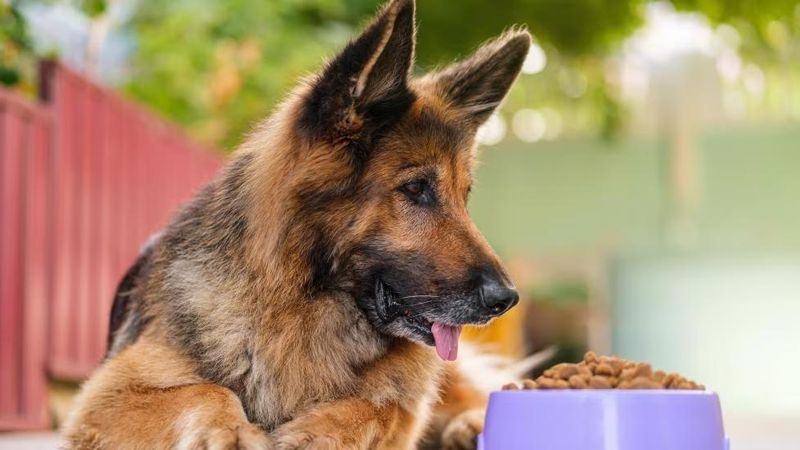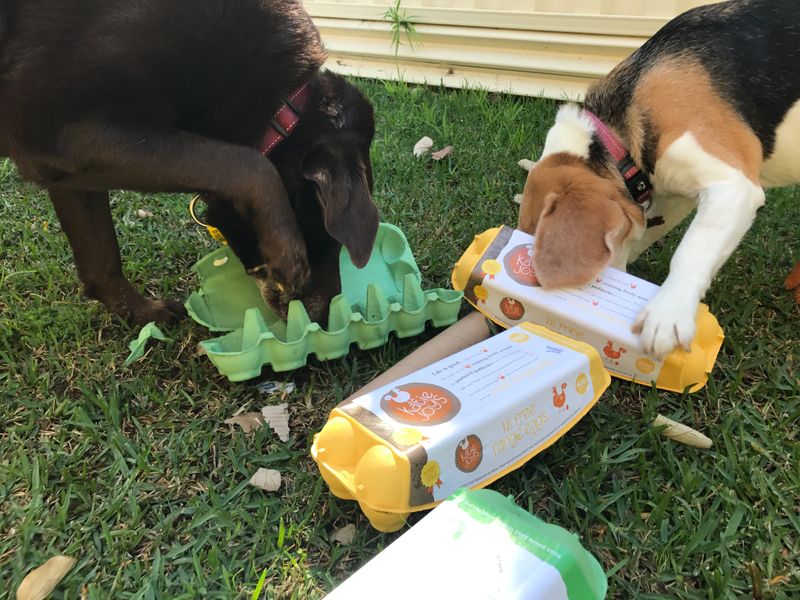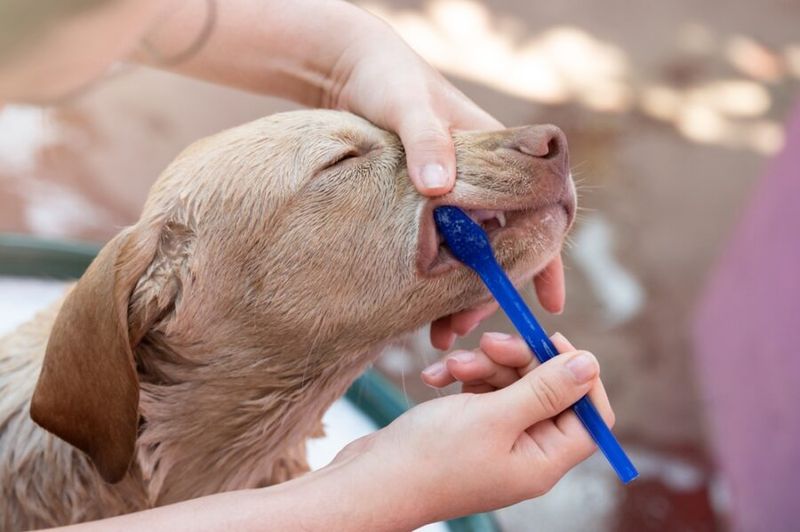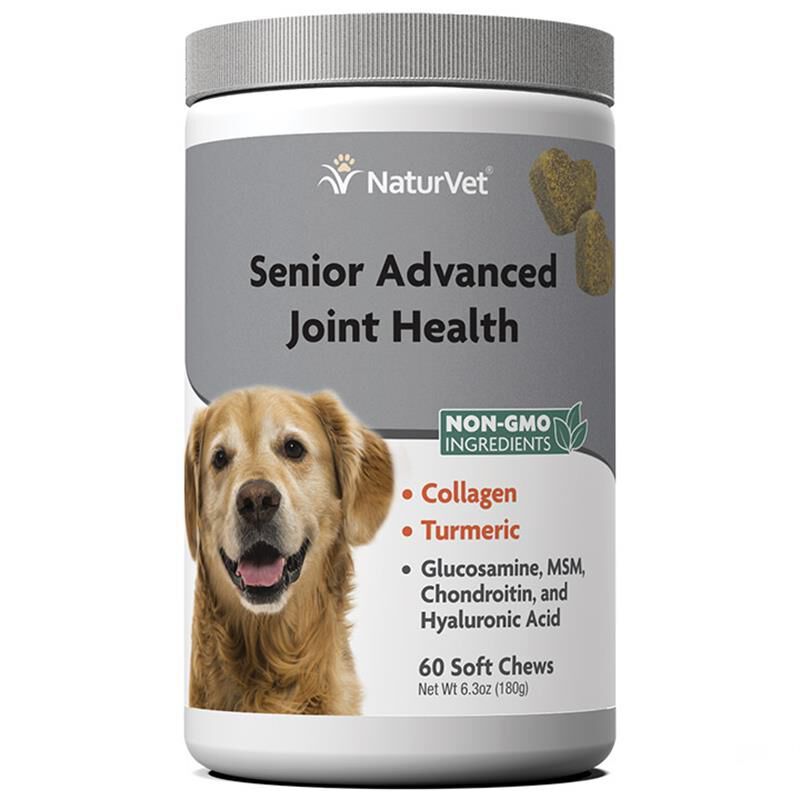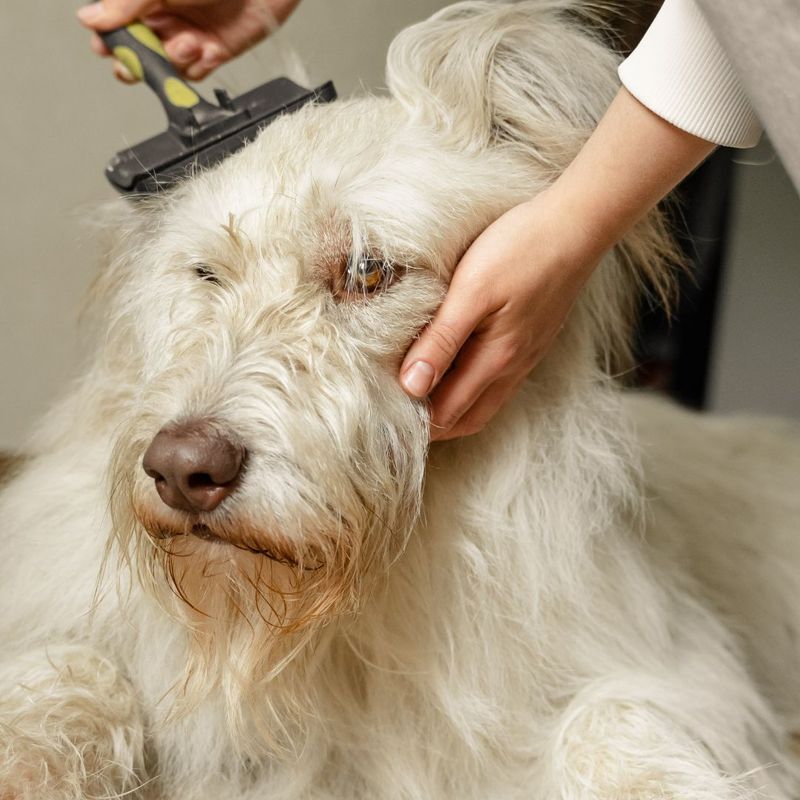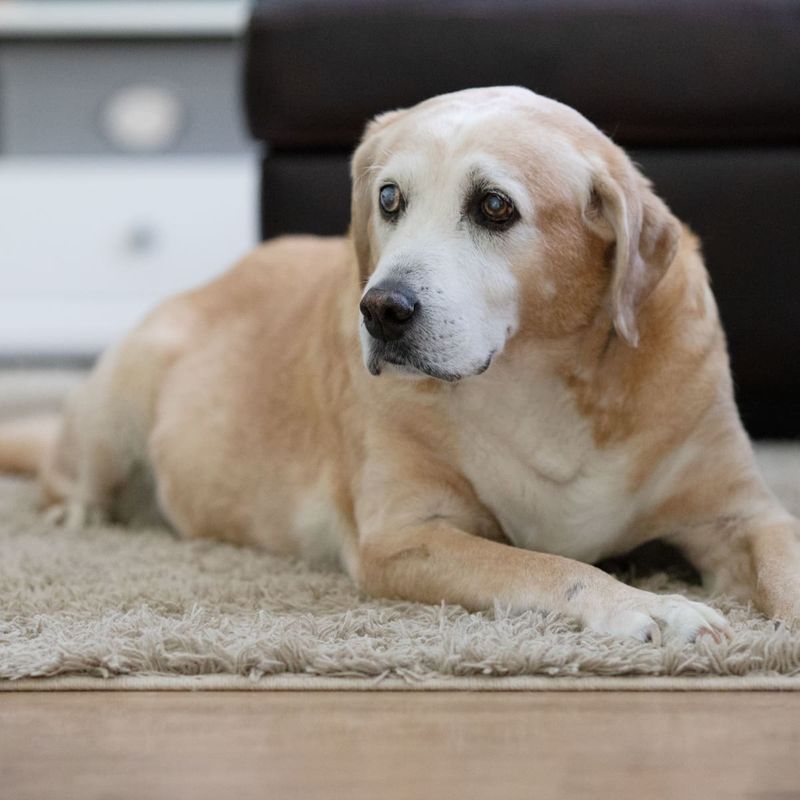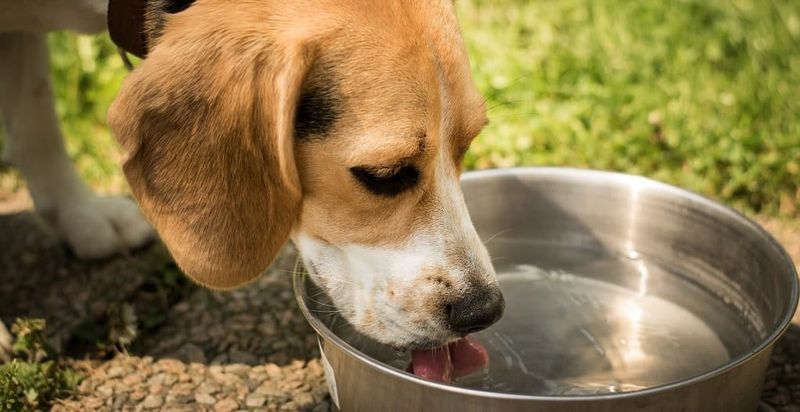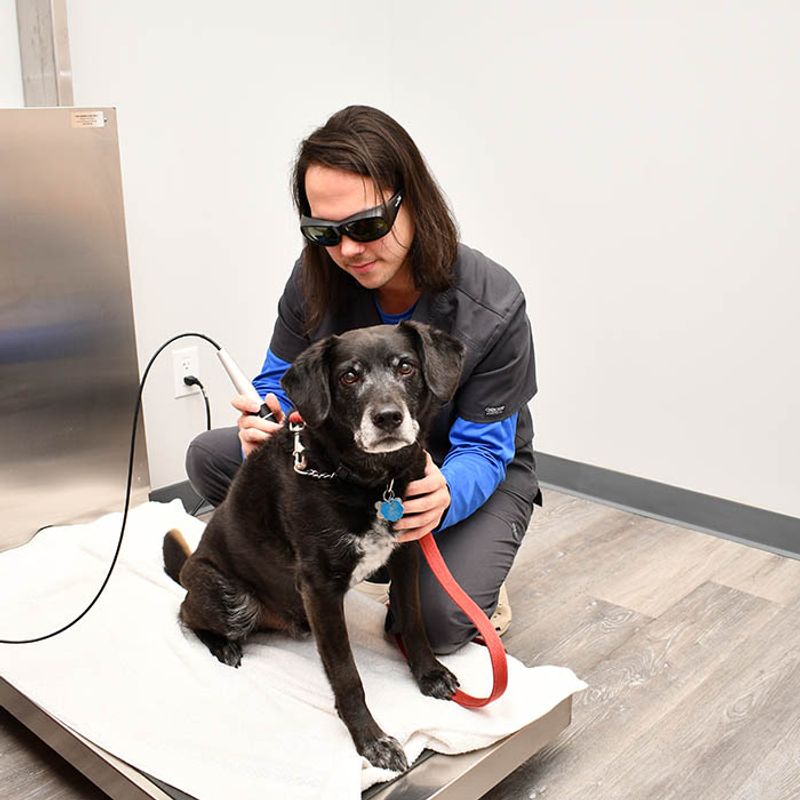As dogs age, they require special attention to ensure their well-being and comfort. Senior dogs may face various health challenges, but with the right care and attention, they can enjoy their golden years happily. Here are 12 essential tips for taking care of your senior dog, each focusing on different aspects of their well-being.
Regular Veterinary Check-ups
Regular veterinary check-ups are crucial for senior dogs. They help in early detection of health issues. These visits allow the vet to monitor your dog’s weight, check for lumps, and evaluate overall health.
During these check-ups, discuss diet, exercise, and any behavioral changes noticed. It’s essential to maintain an open dialogue with your vet. Ask questions and express concerns.
The frequency of visits might increase with age, ensuring that any potential problem is caught early. Remember, prevention is better than cure, and regular vet visits are a cornerstone of health care for aging dogs.
Gentle Exercise Routine
Exercise remains important for senior dogs, but their routines need adjustment. Adopt a gentle exercise plan that considers your dog’s mobility and stamina.
Daily walks, rather than intense play sessions, are ideal. They offer physical activity without overstressing aging joints.
Monitor your dog’s response to different activities. If you notice signs of fatigue or discomfort, it might be time to modify the routine. Keeping your senior dog active helps maintain muscle mass and supports cardiovascular health, enhancing their quality of life.
Comfortable Living Space
Creating a comfortable living space is essential for senior dogs. Soft bedding can alleviate pressure on joints, providing comfort.
Ensure their space is safe and easily accessible. Consider using ramps or stairs for furniture access.
Temperature control is another factor to consider, as senior dogs might be more sensitive to extreme temperatures. A cozy, warm room in winter and a cool space in summer can make a significant difference in their comfort and health.
Balanced Nutrition
A balanced diet is vital for a senior dog’s health. As dogs age, their nutritional needs change, requiring a diet rich in fiber, protein, and essential vitamins.
Consult your vet to determine the best diet plan tailored to your dog’s specific needs. Adjustments in portion sizes might be necessary to maintain a healthy weight.
Consider incorporating supplements to support joint health. Omega-3 fatty acids, for example, can help with inflammation. Always ensure fresh water is available to keep your dog hydrated, promoting overall health and well-being.
Mental Stimulation
Mental stimulation is crucial for senior dogs. Engage them with interactive toys and puzzles to keep their minds sharp.
Changing activities regularly prevents boredom. Introduce new challenges by rotating toys or teaching them new tricks.
Mental engagement can reduce anxiety and improve overall happiness. It’s a wonderful way to bond with your dog while supporting their cognitive health.
Dental Care
Dental care is often overlooked, yet it’s vital for senior dogs. Regular brushing can prevent tartar buildup and gum disease.
Use dog-friendly toothpaste and a soft-bristled brush for gentle cleaning. If brushing isn’t possible, dental treats or toys can help maintain oral health.
Regular dental check-ups with your vet ensure any issues are caught early. Healthy teeth contribute to overall well-being, reducing the risk of infections and enhancing your dog’s quality of life.
Joint Support
Joint support is essential for senior dogs facing arthritis or mobility issues. Consider using orthopedic beds or supportive harnesses to aid movement.
Supplements like glucosamine and chondroitin can help maintain joint health. Consult your vet for recommendations tailored to your dog’s needs.
Monitoring your dog’s activity levels and adjusting their routine can prevent overexertion. Providing joint support ensures they remain active and comfortable, enjoying their daily activities with ease.
Regular Grooming
Regular grooming is vital for maintaining a senior dog’s skin and coat health. Brushing removes loose fur and stimulates the skin.
Bathing should be done with gentle, dog-friendly shampoos to avoid skin irritation. Check for lumps, bumps, or parasites during grooming sessions.
Grooming offers an opportunity to bond with your dog, providing comfort and reassurance. It also helps you keep an eye on any physical changes, ensuring they stay healthy and happy.
Weight Management
Maintaining a healthy weight is crucial for a senior dog’s overall health. Obesity can lead to numerous health problems, including diabetes and joint stress.
Regular weigh-ins and portion control are key. Work with your vet to adjust your dog’s diet as needed, ensuring they receive proper nutrition without excess calories.
Encourage moderate exercise to support weight management. Keeping your dog’s weight in check enhances their quality of life, reducing the burden on joints and organs.
Regular Hydration
Hydration is crucial for senior dogs. Ensure they have access to clean, fresh water at all times.
Older dogs may need encouragement to drink more. Consider placing multiple water bowls in different locations.
Monitor their water intake and consult your vet if you notice changes, as it can indicate underlying health issues. Proper hydration supports kidney function and overall well-being.
Pain Management
Pain management is vital for senior dogs dealing with chronic conditions. Work with your vet to identify effective pain relief methods.
Options may include medications, physical therapy, or alternative treatments like acupuncture. Each dog is unique, so customize the approach to their needs.
Recognizing signs of pain ensures timely intervention, enhancing your dog’s comfort and quality of life. A pain-free dog is a happy dog, able to enjoy daily activities with ease.
Routine and Stability
Routine and stability offer comfort to senior dogs. Predictable schedules for feeding, walks, and rest reduce anxiety.
Consistency in daily activities fosters a sense of security, especially important as they age. Change can be unsettling, so keep modifications minimal.
A stable environment enhances emotional well-being, allowing your dog to feel safe and cherished. Providing a routine makes life easier and more enjoyable for your senior companion.
